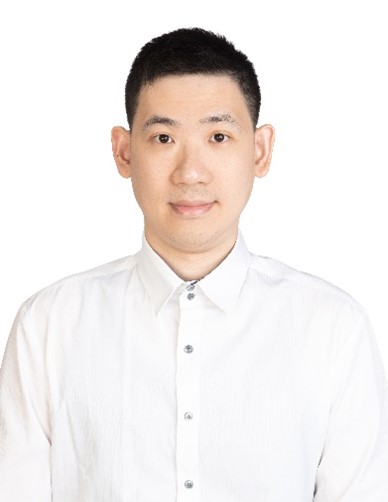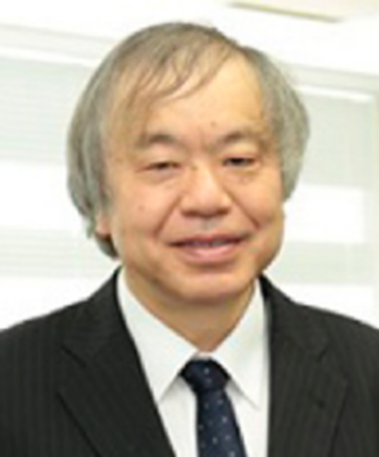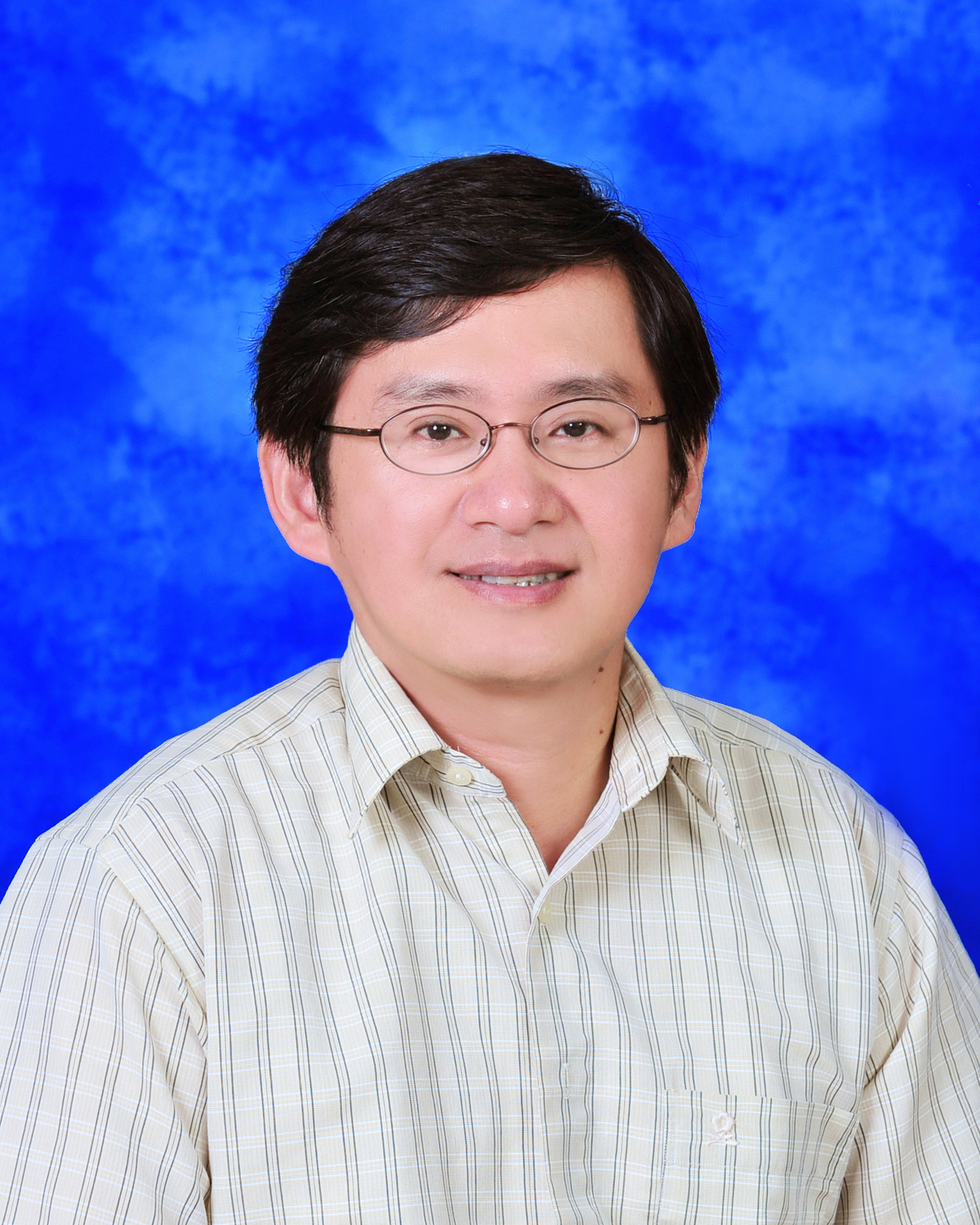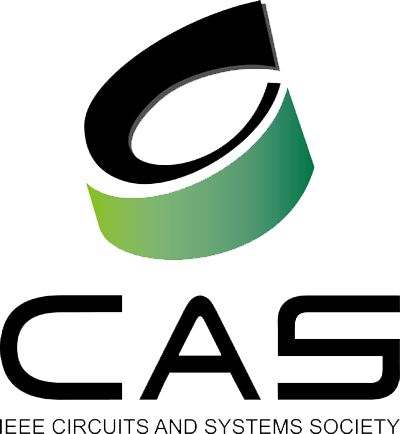Abstract:
Digital technologies are rapidly advancing in our society, and the performance of analog circuits is improving, leading to steady growth in their market share. We have observed that, in many cases, analog components may be smaller than their digital counterparts, yet they often pose challenges. Testing analog circuits plays a crucial role in achieving both reliability and cost-effectiveness, especially in computer, smartphone, Internet of Things (IoT), artificial intelligence (AI), and automotive systems. Analog testing presents challenges related to circuit design, signal processing algorithms, and measurement methods/systems. This talk introduces research results from the author’s group in this field, conducted in collaboration with industry partners. It’s important to note that production testing and measurement/characterization for integrated circuits (ICs) share similarities but also have distinct differences. During this presentation, we will focus on the former. The topics covered include:
1. Waveform Sampling Methods: Explore techniques like golden ratio sampling and residue sampling.
2. Time-to-Digital Converters (TDCs): Understand their role in precise timing measurements.
3. ADC Testing and Calibration: Discuss strategies for ensuring accurate analog-to-digital conversion.
4. Test Input Signal Generation Algorithms: Learn about algorithms used to create test input signals.
Biography:
Haruo Kobayashi received the B.S. and M.S. degrees in information physics from the University of Tokyo in 1980 and 1982, respectively. He also obtained an M.S. degree in electrical engineering from the University of California, Los Angeles (UCLA) in 1989, and a Ph.D. degree in electrical engineering from Waseda University in 1995. In 1982, he joined Yokogawa Electric Corp. in Tokyo, Japan, where he was engaged in research and development related to measuring instruments and mini-supercomputers. In 1997, he became an Associate Professor at Gunma University and was later promoted to Full Professor in the Division of Electronics and Informatics. He currently holds the title of Professor Emeritus.
He has served on the committees of many international conferences, including TJCAS 2019 in Nikko, Japan, where he served as the general chair.
His research interests include mixed-signal integrated circuit design and test, as well as signal processing algorithms. He has published over 160 journal papers and 450 international conference papers. Additionally, he has supervised 20 Ph.D. students and 160 M.S. students. In 2003, he received the Yokoyama Award in Science and Technology. He is a Senior Member of IEEE, IEICE, and IEEJ.







